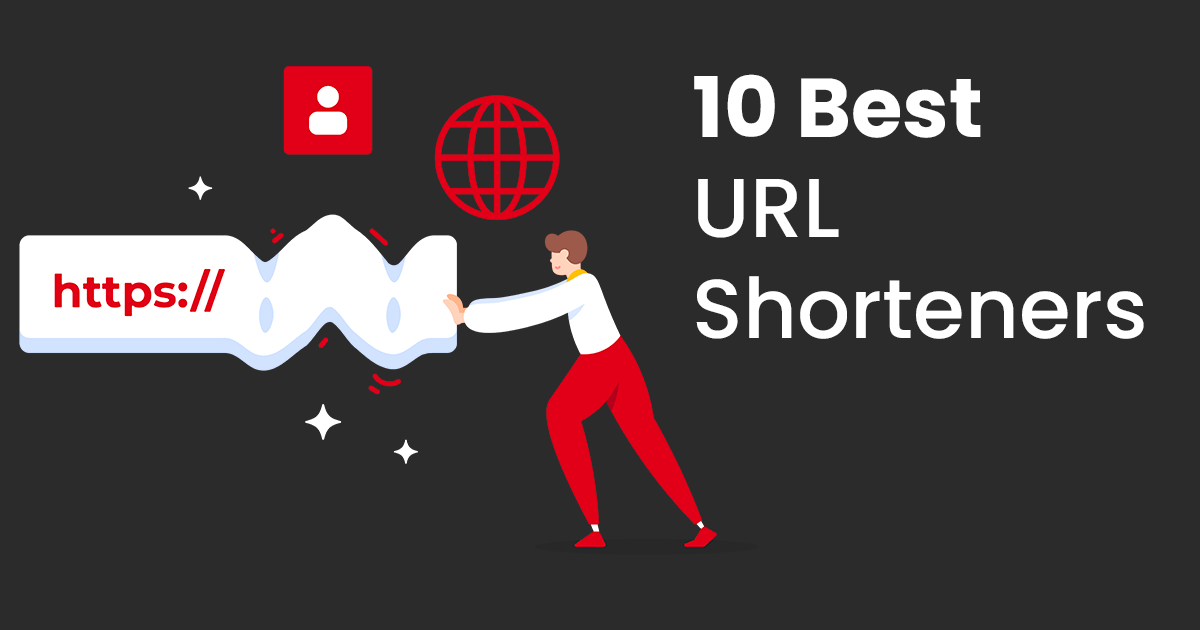Shortened URLs offer convenience and efficiency in link sharing, but they can also be vulnerable to misuse or abuse if not properly protected. To ensure the integrity and security of your shortened URLs, it’s important to implement measures that safeguard them from potential exploitation. In this blog, we will explore effective strategies to protect your shortened URLs and mitigate the risks of misuse or abuse.
Authentication and Access Control:
Consider implementing authentication and access control measures to restrict unauthorized usage of your shortened URLs. This can include requiring users to log in or enter credentials before accessing the destination page. By implementing user authentication, you can ensure that only authorized individuals have access to the content behind the shortened URLs, minimizing the risk of misuse.
Set Expiration Dates or Time-Limited Access:
To prevent prolonged exposure of your shortened URLs and minimize the chances of misuse, consider setting expiration dates or time-limited access for your links. By specifying a time window within which the shortened URLs are valid, you can limit their availability and reduce the likelihood of unauthorized access or abuse after a certain period. This can be particularly useful for time-sensitive campaigns or limited-duration content.
Monitor Link Analytics and Activity:
Regularly monitor the analytics and activity associated with your shortened URLs. Analytical tools provided by URL shortening services can help you track link clicks, geographic information, referrer sources, and other relevant data. By monitoring this information, you can identify any unusual or suspicious patterns of usage that may indicate misuse or abuse. Promptly investigate any irregularities and take appropriate action to protect your URLs.
Implement CAPTCHA or Anti-Spam Measures:
Incorporating CAPTCHA (Completely Automated Public Turing test to tell Computers and Humans Apart) or anti-spam measures can add an extra layer of protection to your shortened URLs. CAPTCHA challenges require users to prove they are human by completing a simple task or solving a visual puzzle. This helps prevent automated bots or malicious scripts from exploiting your links, reducing the risk of misuse or abuse.
Educate Users and Promote Responsible Sharing:
Promote responsible sharing of your shortened URLs by educating users on the importance of using them ethically. Encourage users to avoid sharing your URLs on spammy websites, in unsolicited emails, or in any manner that may violate terms of service or legal regulations. By fostering an understanding of responsible sharing practices, you can help mitigate the risks associated with misuse or abuse.
Regularly Review and Remove Suspicious Links:
Periodically review the shortened URLs in your system and promptly remove any suspicious or malicious links. Conduct regular audits to ensure that all your shortened URLs are legitimate and align with your intended usage. If you detect any unauthorized or malicious links, take immediate action to remove them from circulation and investigate any potential security breaches.
Conclusion:
Protecting your shortened URLs from misuse or abuse requires proactive measures and ongoing vigilance. By implementing authentication and access control, setting expiration dates, monitoring link analytics, implementing CAPTCHA or anti-spam measures, educating users, and regularly reviewing your links, you can effectively safeguard your shortened URLs. By taking these steps, you can maintain the integrity of your links, protect your brand reputation, and ensure a safe and secure user experience.




